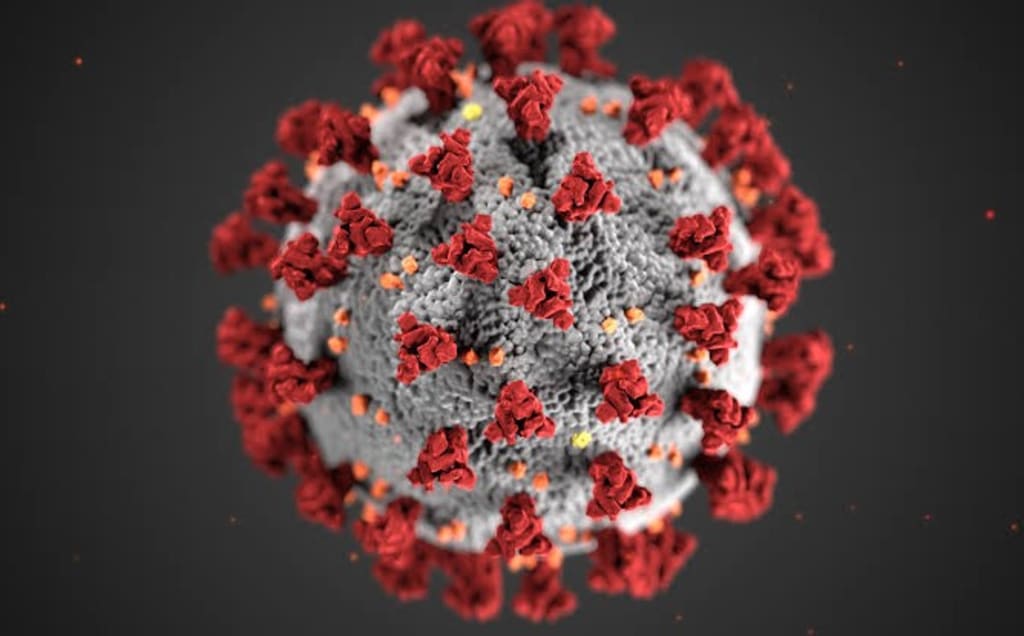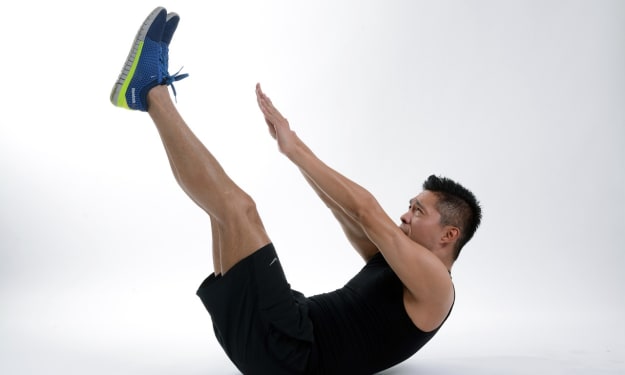Covid-19 Disease
Covid-19 disease symptoms and prevention

COVID-19 affects different people in different ways. Most infected people will develop mild to moderate illness and recover without hospitalization.
Most common symptoms:
fever
dry cough
tiredness
Less common symptoms:
aches and pains
sore throat
diarrhoea
conjunctivitis
headache
loss of taste or smell
a rash on skin, or discolouration of fingers or toes
Serious symptoms:
difficulty breathing or shortness of breath
chest pain or pressure
loss of speech or movement
Seek immediate medical attention if you have serious symptoms. Always call before visiting your doctor or health facility.
People with mild symptoms who are otherwise healthy should manage their symptoms at home.
On average it takes 5–6 days from when someone is infected with the virus for symptoms to show, however it can take up to 14 days.
To prevent the spread of COVID-19:
Clean your hands often. Use soap and water, or an alcohol-based hand rub.
Maintain a safe distance from anyone who is coughing or sneezing.
Wear a mask when physical distancing is not possible.
Don’t touch your eyes, nose or mouth.
Cover your nose and mouth with your bent elbow or a tissue when you cough or sneeze.
Stay home if you feel unwell.
If you have a fever, cough and difficulty breathing, seek medical attention.
Calling in advance allows your healthcare provider to quickly direct you to the right health facility. This protects you, and prevents the spread of viruses and other infections.
Masks
Masks can help prevent the spread of the virus from the person wearing the mask to others. Masks alone do not protect against COVID-19, and should be combined with physical distancing and hand hygiene. Follow the advice provided by your local health authority.
TreatmAfter exposure to someone who has COVID-19, do the following:
Call your health care provider or COVID-19 hotline to find out where and when to get a test.
Cooperate with contact-tracing procedures to stop the spread of the virus.
If testing is not available, stay home and away from others for 14 days.
While you are in quarantine, do not go to work, to school or to public places. Ask someone to bring you supplies.
Keep at least a 1-metre distance from others, even from your family members.
Wear a medical mask to protect others, including if/when you need to seek medical care.
Clean your hands frequently.
Stay in a separate room from other family members, and if not possible, wear a medical mask.
Keep the room well-ventilated.
If you share a room, place beds at least 1 metre apart.
Monitor yourself for any symptoms for 14 days.
Call your health care provider immediately if you have any of these danger signs: difficulty breathing, loss of speech or mobility, confusion or chest pain.
Stay positive by keeping in touch with loved ones by phone or online, and by exercising at home.
Medical
Optimal supportive care includes oxygen for severely ill patients and those who are at risk for severe disease and more advanced respiratory support such as ventilation for patients who are critically ill.
Dexamethasone is a corticosteroid that can help reduce the length of time on a ventilator and save lives of patients with severe and critical illness.
Note- Donot take self medication please advise your doctor
Covid-19:
covid-19 is a new disease caused by the naval (new) corona virus (SARS-Cove-2) that has never been seen before in humans. There are many types of coronaviruses and these include those that usually cause mild illness in the upper respiratory system (sinus, nasal passages, waterways, etc.). 'Kovid-19' has 'CO' for corona, 'Vi' is for virus, 'D' is for disease or disease and '19' is for 2019 year.
Anyone can have covid-19 from people who already have infection with the virus. When a person infected with covid-19 coughs, peels or exhales, the disease can spread to others with small droplets from his nose or mouth. These tiny drops can also fall on other things and surfaces around the person. The second person can also be infected with covid-19 by touching their mouth, nose or eye after coming into contact with that item or surface. People can also become infected by inhaling droplets from the infected person coughing or exhaling. Therefore it is important that the person is 3-6 feet or 1-2 meters away from the sick person
To reduce the risk of getting sick from this, you should take preventive measures daily and also ask all the people in your household to do the same. These steps are especially important for the elderly and those who are already ill:
Avoid close contact with sick people.
If you are ill, apart from getting treatment, stay at home.
When coughing or sneezing, cover the mouth with the inside of the elbow or throw it into the dustbin using tissue paper. Then wash your hands.
Wash your hands thoroughly with soap and water for 20 seconds, especially after cleaning the nose, after coughing or sneezing, after using the toilet and before cooking or eating food.
If soap and water are not available, you can use an alcohol-based hand sanitizer, which contains at least 60% alcohol. If the hands are looking dirty, then wash them with soap and water.
Clean and disinfect surfaces that people touch frequently (such as phones, other electronic items, tables, counters, electrical equipment switches, door handles and door handles).





Comments
There are no comments for this story
Be the first to respond and start the conversation.